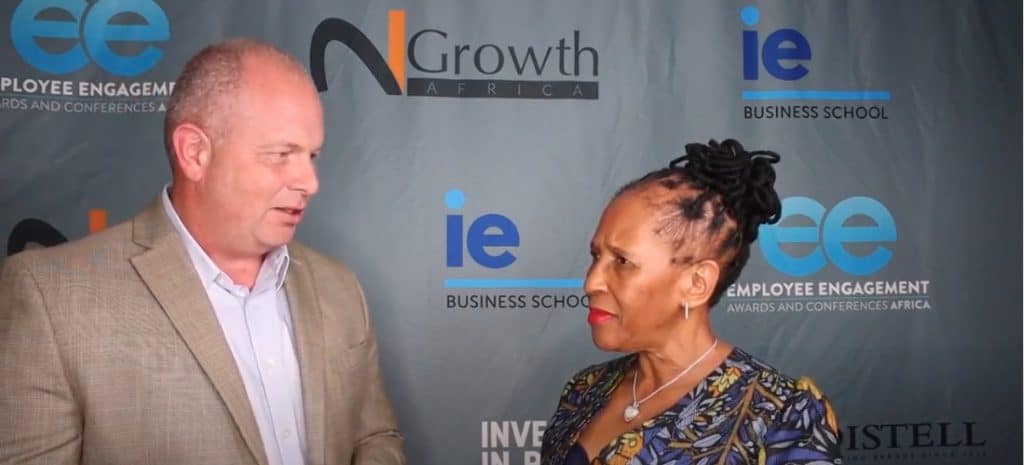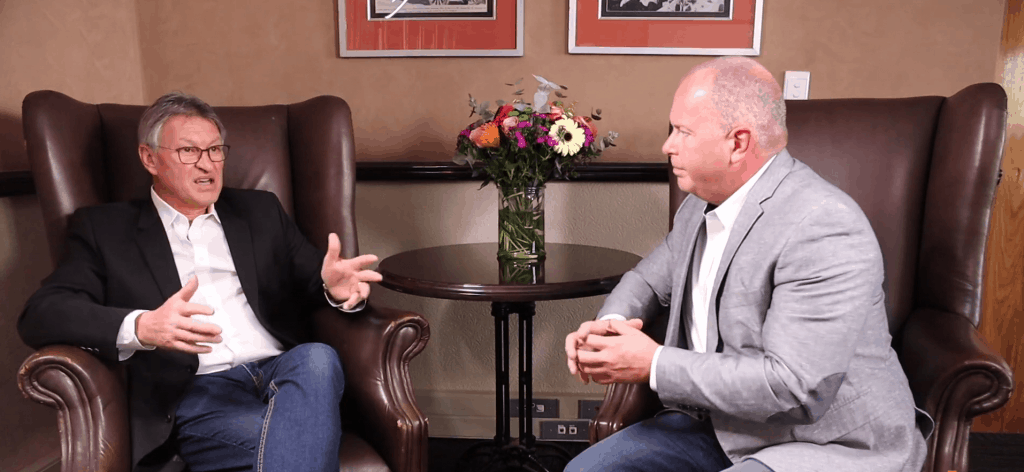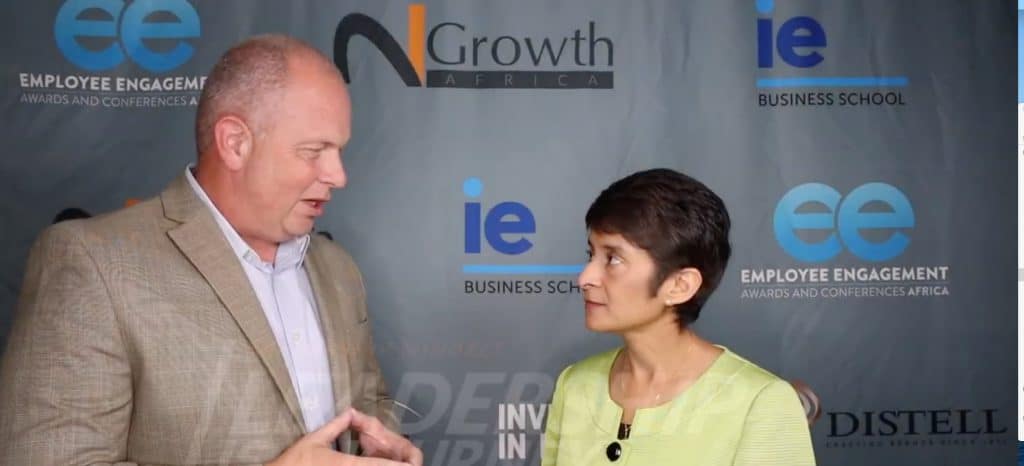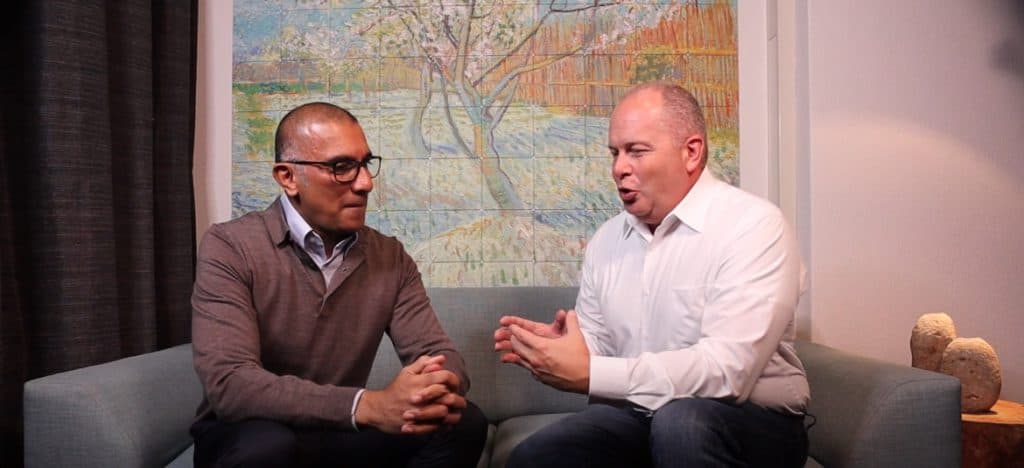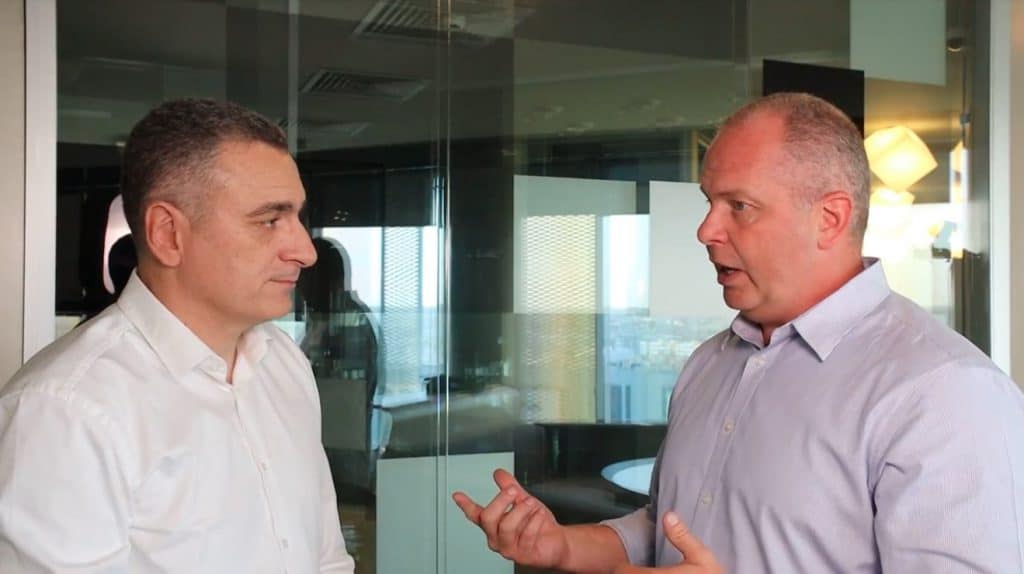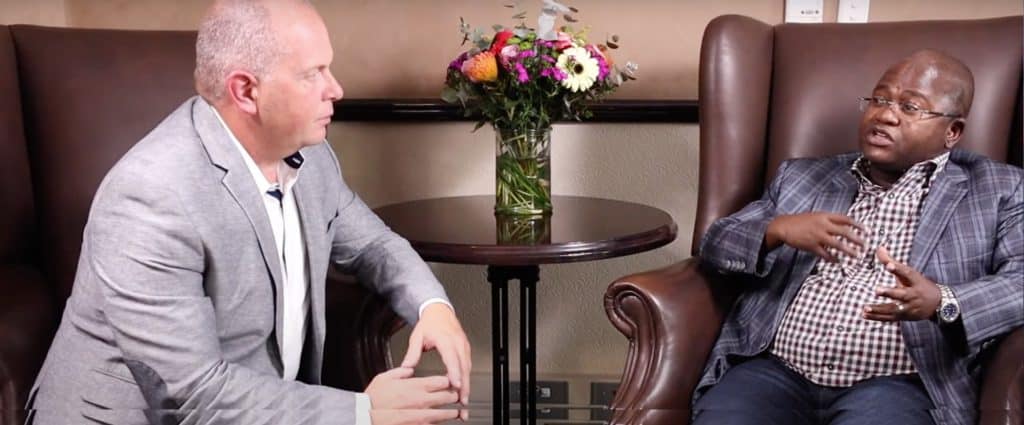Why does Mark Cuban love Luka Doncic? The easy answer is that Luka is a bonafide star for the Dallas Mavericks.
-
Luka is only 21 years old and already an All-Star
-
He’s a permanent fixture on ESPN’s Top-10 list
-
Maverick’s season ticket demand has gone through the roof
-
The economic value of the Dallas Mavericks continues to skyrocket since acquiring Luka
But what really resonates with Mark Cuban is Luka’s leadership potential. He genuinely wants to improve. Luka’s not afraid to work hard. He is self-aware. He sets the right tone and creates a winning culture for the entire team.
Indeed, Luka’s core values are what won over Mark Cuban. He is a culture champion.
We invite you into Mark Cuban’s personal office for a candid, one-on-one conversation about Luka and leadership. What advice does Mark have for future stars–regardless of whether they’re going into sports, business, law, or non-profits?
We invite you to watch this interview clip and then join the conversation. We want to hear your thoughts and your perspective. Once you join the conversation, you’ll have the luxury of brainstorming with iconic leaders, rising stars, student-leaders, executive coaches, and business school professors. Our goal is to help young talent become more self-aware and reach their full leadership potential. So how did Mark Cuban know Doncic had leadership potential?
Luka was not a proven talent when he was recruited to the Mavericks by Mark Cuban. Not only did he skip college, he instead played for a few years in the Euro League. Who in the United States watches Euro basketball? No one! Many experts doubted Luka would be a star in the NBA. Some questioned if his skills were fungible since he wasn’t as fast as other point guards, and certainly couldn’t jump as high.
Yet Cuban went ‘all in’ during the 2018 NBA draft to secure Luka’s rights. What did Cuban see in Luka Doncic that others overlooked? What convinced him that Luka was the future of the Dallas Mavericks? According to Cuban, it was the soft skills—character, discipline, empathy, resilience, and continuous improvement. The soft skills are the hard stuff–and absolutely essential for success.
When recruiting leaders, Mark Cuban admires several leadership qualities. It really doesn’t matter if he’s recruiting a star player for the Dallas Mavericks, or funding a new entrepreneur on Shark Tank, or looking for an evangelist to spearhead a social cause that touches his soul. Certain leadership qualities, soft skills, and core values matter so much, they simply transcend context—and apply to sports, business, philanthropy, and just about anything else, according to Cuban.
What are these leadership qualities?
For Cuban, it starts with self-awareness. “You have to know what you suck at,” Cuban told me. Leaders also continuously improve, every single year. They’re disciplined, and work hard, much harder than everyone else. It sounds so easy. But it’s not. “People talk a big game, but they just don’t put in the work, and that’s why they don’t become superstars,” according to Cuban. All successful players, entrepreneurs, and leaders outwork the competition. Of course, they have raw talent. But they work hard. That’s how they reach full potential.
[Tweet “All successful players, entrepreneurs, and leaders outwork the competition. Of course, they have raw talent. But they work hard. That’s how they reach full potential. -@mcuban”]Cuban points to former Mavericks star, Dirk Nowitzki, as a prime example of a stellar talent that outworked the competition. “He came into our league with talent. But he was never satisfied. Every year he looked for a new way to improve his game, and he did. Eventually, he led our team to an NBA championship,” Cuban gushed. Luka is following in Dirk’s footsteps. Guys like Dirk and Luka set the tone and create a culture—of discipline, creativity, and continuous improvement—for our entire team.
“Dirk came into our league with talent. But he was never satisfied. Every year he looked for a new way to improve his game, and he did. Eventually, he led our team to an NBA championship” – Mark Cuban
Regardless of what kind of leader you want to become, ask yourself a few honest questions:
- Are you outworking the competition?
- Are you disciplined?
- What are your core values—and why do they matter?
- Do you live these values every day, despite unexpected obstacles?
And as Cuban frames, it, “do you know what you suck at?” Leaders are self-aware and constantly seek honest, unfiltered, and direct feedback.
*This interview is presented by CEO Fellows in partnership with N2Growth- Request to join our exclusive leadership forum and have conversations with our Culture Champions, here. We invite you to share your story and get feedback from iconic leaders like Mark Cuban, executive advisors, top leadership professors, and gifted students from around the world.



